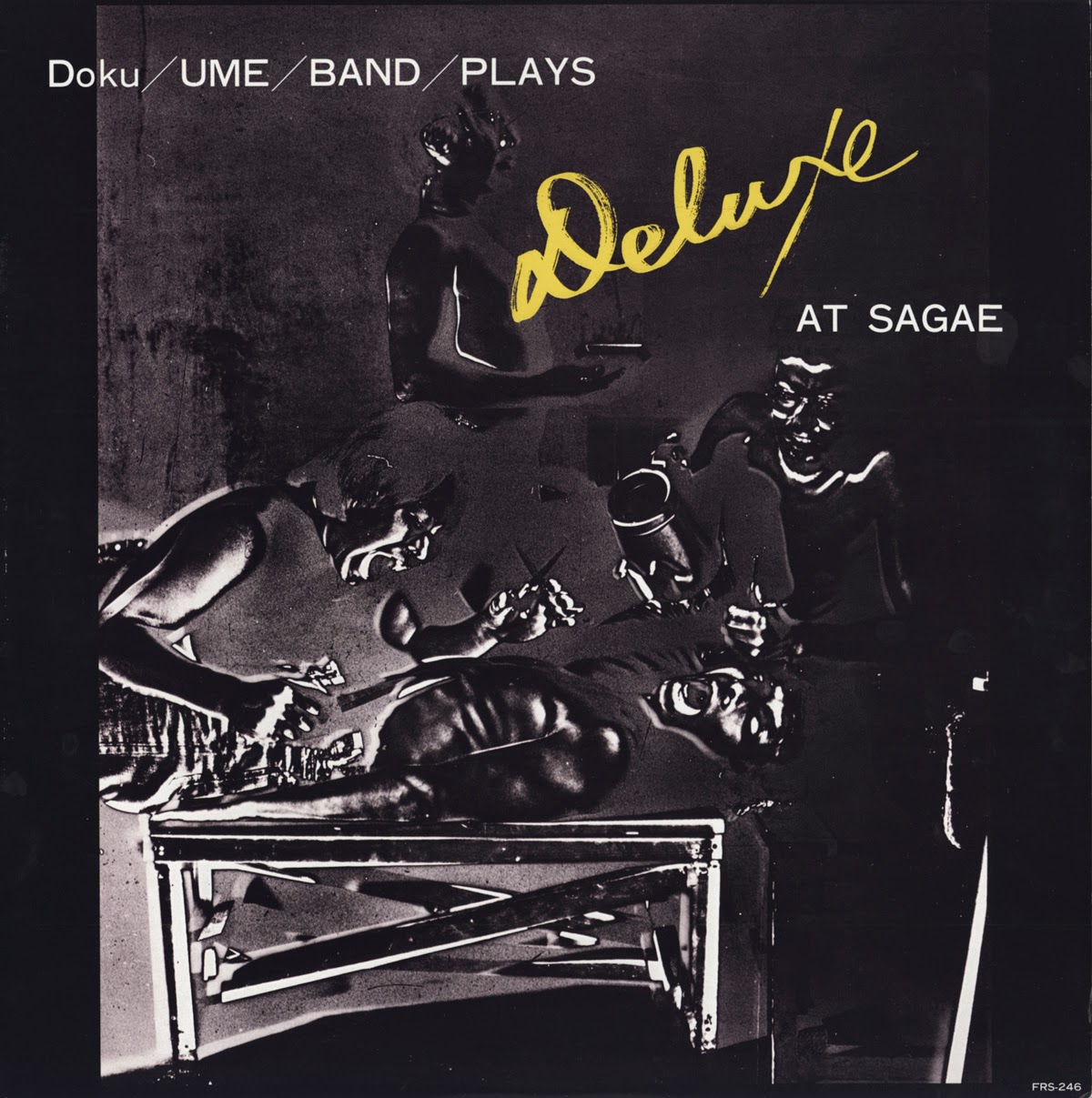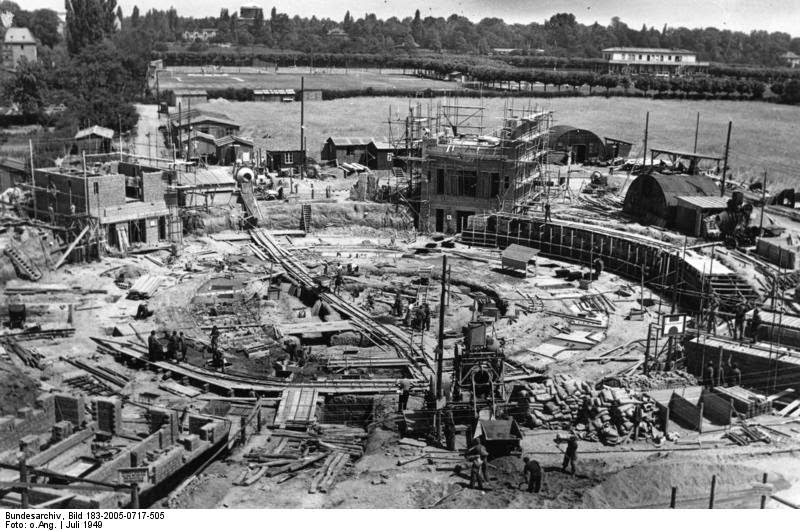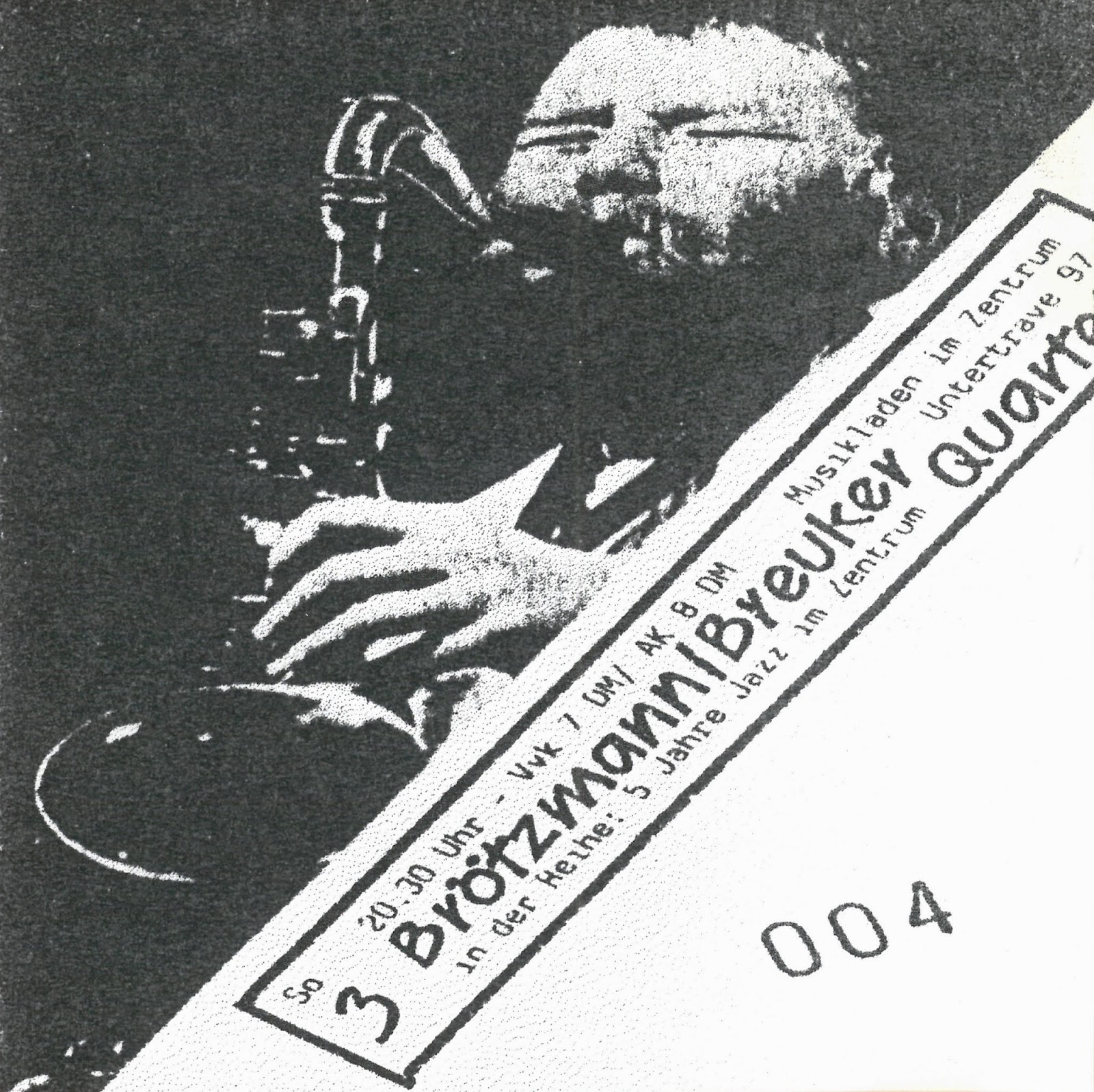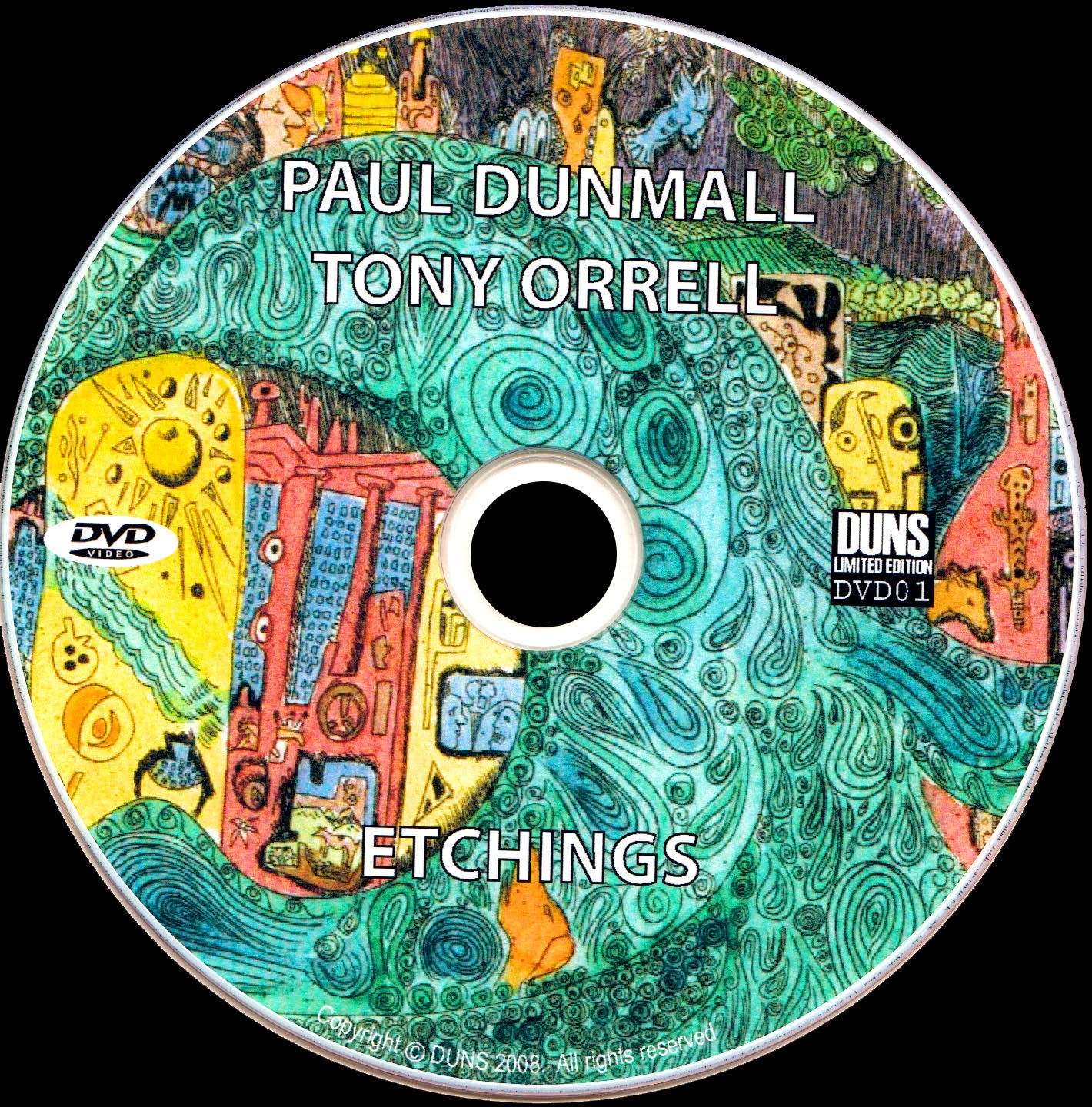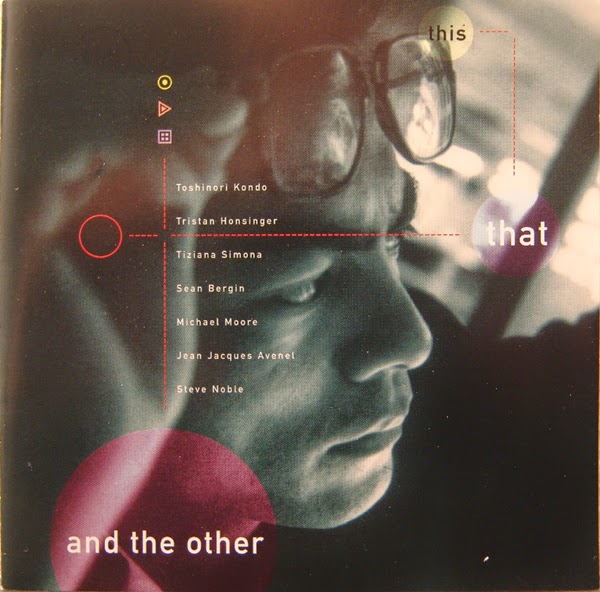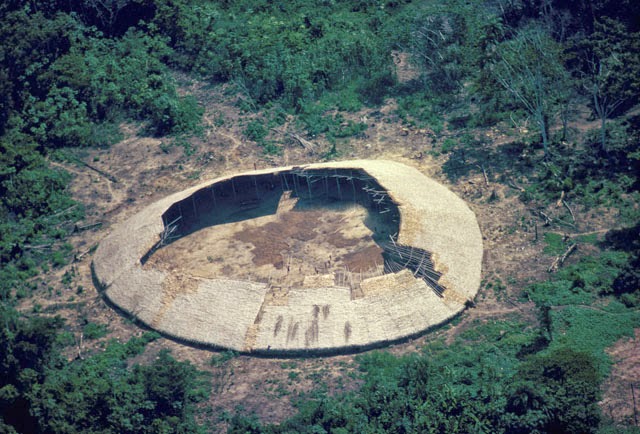Here is finally the promised post from the German Jazz Festival 1970 in Frankfurt.
The above picture is courtesy of the Bundesarchiv (German Federal Archive) and shows the Kongresshalle in progress...
This would become the location for many concerts during the next next six decades - up to now.
LESTER BOWIE & EUROPEAN FREE JAZZ ORCHESTRA "FRANKFURT, 1970"
Lester Bowie, trumpet & fluegelhorn
Joseph Jarman, tenor saxophone
Roscoe Mitchell, bass saxophone
Malachi Favors Maghostut, bass
Frédéric Rabold, pocket trumpet
Michael Sell, trumpet
Herbert Joos, fluegelhorn
Manfred Schoof, trumpet
Paul Rutherford, trombone
Albert Mangelsdorff, trombone
Günter Christmann, trombone
Dieter Scherf, alto saxophone
Michael Thielepape, alto saxophone
Joachim Kühn, alto saxophone
Axel Hennies, tenor saxophone & flute
Gunter Hampel, bass clarinet
Alfred Harth, tenor saxophone
Heinz Sauer, tenor saxophone
Gerd Dudek, tenor saxophone
Klaus Bühler, bass
Peter Stock, bass
Gerhard König, guitar
Rainer Grimm, drums
Karin Krog, vocals
Jeanne Lee, vocals
Joachim-Ernst Berendt, announcement
1. introduction (Joachim-Ernst Berendt) 1:50
2. Getting to Know You All No. 2 (L. Bowie) (Germany Unite!) 35:26
Bowie introduces the tune for the first 1:40.
Solos: Bowie, Christmann, Mitchell, Krog (L)-Lee(R)
Recorded on March 22, 1970 at the Kongresshalle, Frankfurt during the 12th Deutsches Jazzfestival 1970, third concert.
An excerpt has been issued on LP (Born Free: The 12. German Jazz Festival, CBS Scout Sc-S 11).
RADIO JAZZ GROUP STUTTGART - WOLFGANG DAUNER "FRANKFURT, 1970"
Ack Van Rooyen, trumpet & fluegelhorn
Erhard "Ed" Kröger, trombone
Peter Herbolzheimer, trombone
Walter "Joki" Freund, soprano & tenor saxophone
Gerd Dudek, tenor saxophone, flute
Wolfgang Dauner, piano, clavinet, ring modulator
Eberhard Weber, bass
Cees See, drums
Joachim-Ernst Berendt, announcement
1. announcement (Joachim-Ernst Berendt) 1:34
2. Bluesy Bluesy (W. Dauner) 11:02
3. The Peddler (J. Freund) 16:05
4. Reaping Machine (W. Dauner) 5:42
5. Diäthylaminoäthyl (W. Dauner) 11:52
Recorded on March 21, 1970, Kongresshalle, Frankfurt, 12th Deutsches Jazzfestival 1970, first concert.
KLAUS DOLDINGER QUARTET "FRANKFURT, 1970"
Klaus Doldinger, soprano & tenor saxophone
Ingfried Hoffmann, piano, organ
Helmut Kandelberger, abss
Cees See, drums
Joachim-Ernst Berendt, announcement
1. introduction (Joachim-Ernst Berendt) 1:25
2. The Windmills of Your Mind (M. Legrand-A. Bergman) 8:45
3. Sahara (K. Doldinger) 17:27
Recorded on March 21, 1970 at the Kongresshalle, Frankfurt, 12th Deutsches Jazzfestival 1970, first concert.
An excerpt of "Sahara" (9:17) has been issued on LP (Born Free: The 12. German Jazz Festival, CBS Scout Sc-S 11).
KARIN KROG + DAVE PIKE SET "FRANKFURT, 1970"
Dave Pike, vibes
Volker Kriegel, guitar
Hans Rettenbacher, bass
Peter Baumeister, drums
Albert Mangelsdorff, trombone
Karin Krog, vocals
Joachim-Ernst Berendt, announcement
1. introduction (Joachim-Ernst Berendt) 1:23
2. One for Kathy (D. Pike) 6:37
3. Green Light (D. Pike) 4:31
4. Announcement (Joachim-Ernst Berendt) 0:15
Recorded on March 21, 1970, Frankfurt, 12th Deutsches Jazzfestival 1970, first concert.
DAVE PIKE SET "FRANKFURT, 1970"
Dave Pike, vibes
Volker Kriegel, guitar
Hans Rettenbacher, bass
Peter Baumeister, drums
Joachim-Ernst Berendt, announcement
1. introduction (Joachim-Ernst Berendt) 1:04
2. Attack of the Green Misers (D. Pike) 9:12
3. Turn Around, Mrs. Lot (D. Pike) 9:20
4. But Anyway - Velvet Vibrations (V. Kriegel) 5:44
5. Good Time Charlie at the Big Washdown (H. Rettenbacher) 8:34
Recorded on March 21, 1970 at the Kongresshalle, Frankfurt, 12th Deutsches Jazzfestival 1970, first concert.
"Turn Around, Mrs. Lot" has been issued on LP (Born Free: The 12. German Jazz Festival, CBS Scout Sc-S 11).
MANFRED SCHOOF NEW JAZZ TRIO "FRANKFURT, 1970"
Manfred Schoof, trumpet & fluegelhorn
Peter Trunk, bass
Cees See, drums
Joachim-Ernst Berendt, announcement
1. introduction (Joachim-Ernst Berendt) 0:36
2. Certvann (M. Schoof-P. Trunk-C. See) 7:35
3. Palar (M. Schoof-P. Trunk-C. See) 6:31
4. Haranca (M. Schoof-P. Trunk-C. See) 6:05
Recorded on March 22, 1970 at the Kongresshalle, Frankfurt, 12th Deutsches Jazzfestival 1970, third concert.
This is announced as a four-part suite called "Page One," but the recording I have has only these three parts. The titles of the tunes are not announced, but they're taken from a NDR broadcast of a concert from Hamburg on January 23.
An excerpt of "Haranca" (5:31, with the title "Satz") has been issued on LP (Born Free: The 12. German Jazz Festival, CBS Scout Sc-S 11).
PHIL WOODS & HIS EUROPEAN RHYTHM MACHINE "FRANKFURT, 1970"
Phil Woods, alto saxophone
Gordon Beckpiano, electric piano
Henri Texier, bass
Daniel Humair, drums, percussion
1. unknown title (inc) 4:04
2. Freedom Jazz Dance (E. Harris) 11:58
Recorded on March 21, 1970 at the Kongresshalle, Frankfurt, 12th Deutsches Jazzfestival 1970, first concert.
The Woods ERM undoubtedly performed additional music, but these are the only one I have.
"Freedom Jazz Dance" has been issued on LP (Born Free: The 12. German Jazz Festival, CBS Scout Sc-S 11).
Thanks to Peter Losin for the music and the info-files which I have changed a bit.



